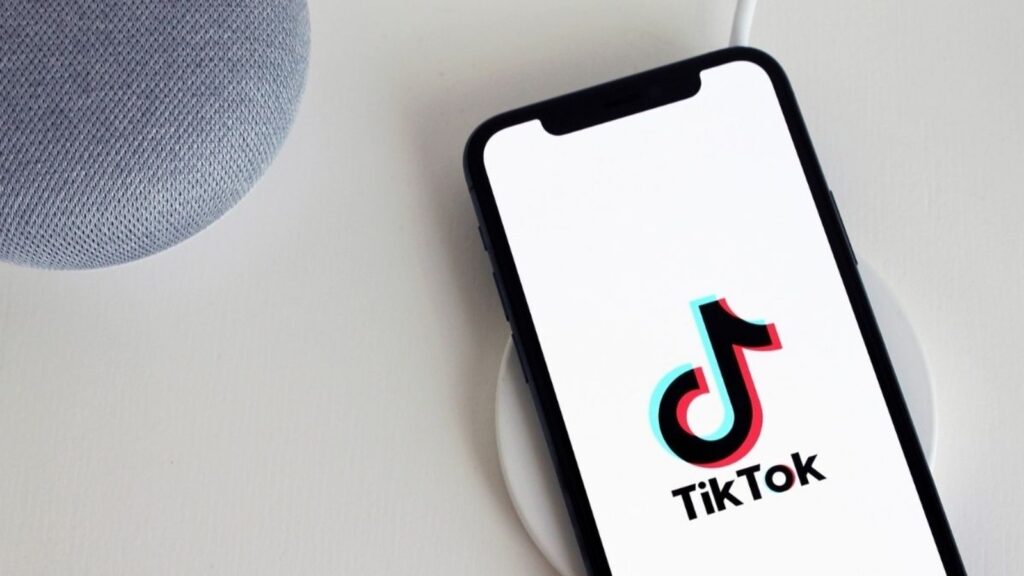
American TikTokers Shift to Xiaohongshu
As the US Supreme Court debates the future of TikTok, many Americans are turning to Xiaohongshu, also known as “Little Red Book” or “RedNote.” This Chinese social media app recently topped Apple’s US App Store rankings. Founded in 2013, it boasts 300 million users and is often compared to Instagram, offering tips on travel, beauty, and fashion. While it has been a major platform in China, it’s only now gaining traction outside Chinese-speaking communities.
Why Is Xiaohongshu Suddenly Popular?
Xiaohongshu’s rise in popularity comes as TikTok faces potential bans in the US. Many American TikTok users are flocking to the app, calling themselves “TikTok refugees” as they push back against government restrictions. A trending hashtag, #TikTokRefugee, has over 60 million views, with users expressing their preference for the platform and rejecting the TikTok ban.
Cultural Exchange Between Chinese and American Users
The influx of American users has created a rare chance for cultural exchange between Chinese and American communities. Many US users are encouraging respectful interactions, asking others to avoid politics and enjoy the platform. Chinese users have responded warmly, offering tutorials and welcoming the newcomers. Some see this as a meaningful opportunity for dialogue and connection between the two nations.
What Sets Xiaohongshu Apart from TikTok?
Unlike TikTok, Xiaohongshu wasn’t built for English speakers and has unique features, such as an algorithm focusing on user interests instead of follower networks. This approach promotes creativity and lessens influencer dominance. The app’s name nods to a famous red book from China’s history, reflecting its cultural roots. Xiaohongshu is owned by Shanghai-based Xingin Information Technology, while TikTok is owned by ByteDance and caters to global audiences.
Other Apps Gaining Popularity Among US Users
Aside from Xiaohongshu, another app, Lemon8, is also seeing increased downloads. Owned by ByteDance, Lemon8 combines features of Instagram and Pinterest, making it a popular alternative. However, its future in the US is uncertain, as a ban on TikTok could extend to ByteDance’s other apps.
This shift in social media usage highlights the dynamic landscape of global platforms and the ongoing conversations about technology, culture, and regulation.